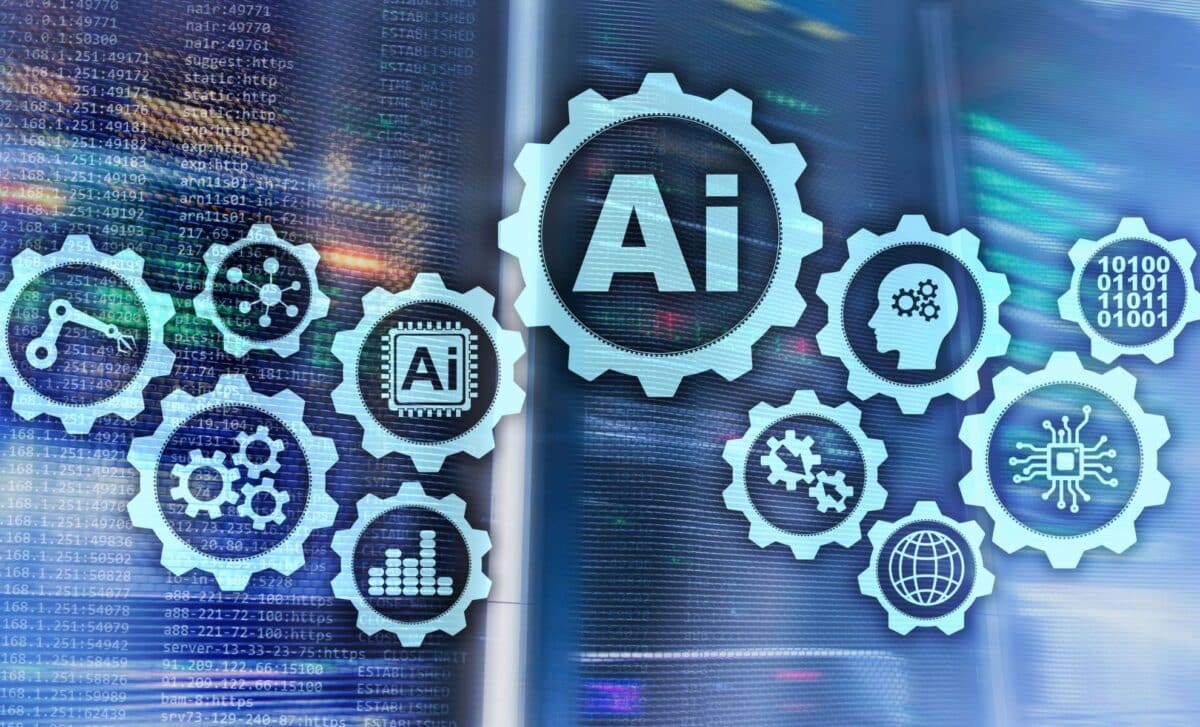Nearly 8 million jobs in the UK could be lost due to the omnipresence of artificial intelligence in almost every work field. New research has warned that the people most vulnerable to automation include women, younger workers, and those making less money.
AI Threatens UK Entry-Level and Administrative Roles
According to the Institute for Public Policy Research (IPPR), in a “worst-case scenario” concerning the adoption of new technologies over the next three to five years, positions such as entry-level, part-time, and administrative roles are particularly susceptible to being supplanted by AI.
The think tank highlighted that as more businesses embrace generative AI technologies capable of reading and generating language, data, and software code to automate mundane office tasks, the UK is confronted with a critical juncture akin to a “sliding doors” moment.
The survey suggests that the initial phase of AI integration was already posing a threat to jobs. However, given the rapid pace of AI advancement, a subsequent phase could lead to further automation of employment.
IPPR’s research indicates that currently, 11% of the 22,000 tasks performed by employees daily—across all job categories—are susceptible to automation. However, with technological progress enabling the management of increasingly complex operations, this figure could potentially rise to 59% in the next phase.
The report highlights that entry-level and part-time roles in secretarial work, administration, and customer service may be replaced by routine cognitive tasks such as database management, scheduling, and inventory control.
The Second Wave of AI Threatens UK Jobs Across Various Industries
The second wave of AI adoption may impact non-routine tasks such as database development, copywriting, and graphic design, leading to potential job losses even in roles commanding higher salaries.
According to the IPPR, women would be particularly affected since “they are more likely to work in the most exposed occupations, such as secretarial and administrative occupations.”
According to the analysis, 7.9 million jobs might be lost in the worst-case scenario of the second wave of AI, negating any economic benefits from increased productivity and GDP growth in three to five years.
In the best-case scenario, there would be no job losses, and the economy could grow by 4%, or around £92 billion, annually if generative AI were fully implemented.
Concerning the effects on labourers, the left-leaning think tank stated that government intervention may avert an “apocalyptic loss of jobs” and assist in using AI’s potential to accelerate economic expansion and improve living conditions.
Senior IPPR economist Carsten Jung stated: “Already existing generative AI could lead to big labour market disruption or it could hugely boost economic growth. Either way, it is set to be a game changer for millions of us.
“But technology isn’t destiny and a jobs apocalypse is not inevitable – government, employers and unions have the opportunity to make crucial design decisions now that ensure we manage this new technology well. If they don’t act soon, it may be too late.”









